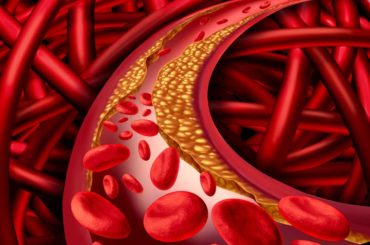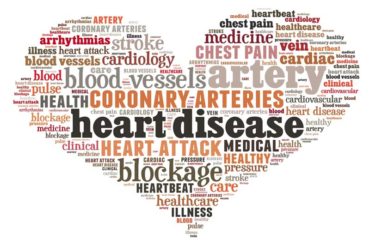According to a 2005 study from St. Thomas’ Hospital in London, the answer is an absolute yes. In fact, obesity has a bigger effect on aging than smoking according to their analysis of the “chromosomal clock” in human cells.
The London researchers evaluated 1122 women ranging in age from 18 to 76. They would measure the end of the chromosomes (a.k.a. telomeres) in white blood cells and document their deterioration. When the cells would get too short, they would not be able to divide anymore, which in effect shortens the “chromosomal clock.”
For a healthy non-smoker, the decline in chromosome length would average 27 base pairs a year.
But when obesity was factored in, the accelerated decline added up to an additional 8.8 years of aging.
Obese people who also smoke were at the highest risk with an average of 10 years of aging over a lean, non-smoker according to data that was gathered for the study.
Although these results are somewhat alarming, they do not necessarily correspond to an earlier death since only white blood cells were evaluated. Other studies on animals have not shown any relationship between the length of telomeres and lifespan. More study is needed to determine the effects of obesity and smoking on other tissues in the body.
Another study from the Roswell Park Cancer Institute in Buffalo found a connection between obesity and aging through the mTOR gene, or mammalian target of rapamycin. This theory suggests that mTOR is activated with increased nutrient levels. This increases energy consumption in the body, which accelerates aging.
Reducing caloric intake in turn reduces the activity of the mTOR gene, which also activates other metabolic pathways that reduce energy use in the body and slows the aging process.
According to the study’s authors, mTOR is an essential part of growth and development early in life, but if it continues at a fast pace in adulthood, it can lead to cell damage, atherosclerosis, insulin resistance and more. The end result of all of this damage is dementia, heart disease and other fatal diseases.
Researcher Mikhail Blagosklonny compares mTOR to a “brakeless car barreling toward disaster as we age.”
Aside from accelerated aging, obesity has been linked to a wide variety of health problems in all age groups, including:
- Prostate cancer
- Cirrhosis of the liver
- Brain shrinkage and Alzheimer’s
- Arthritis
- Incontinence
Obesity is awfully close to being considered an epidemic in the U.S. While some of the common effects like reduced circulation and muscle pain have been known for a long time, little is still known on the effects on age-related conditions.
Regardless, exercising and eating right not only helps you look your best, it’s pretty clear it can help you maintain a younger look for much longer.






